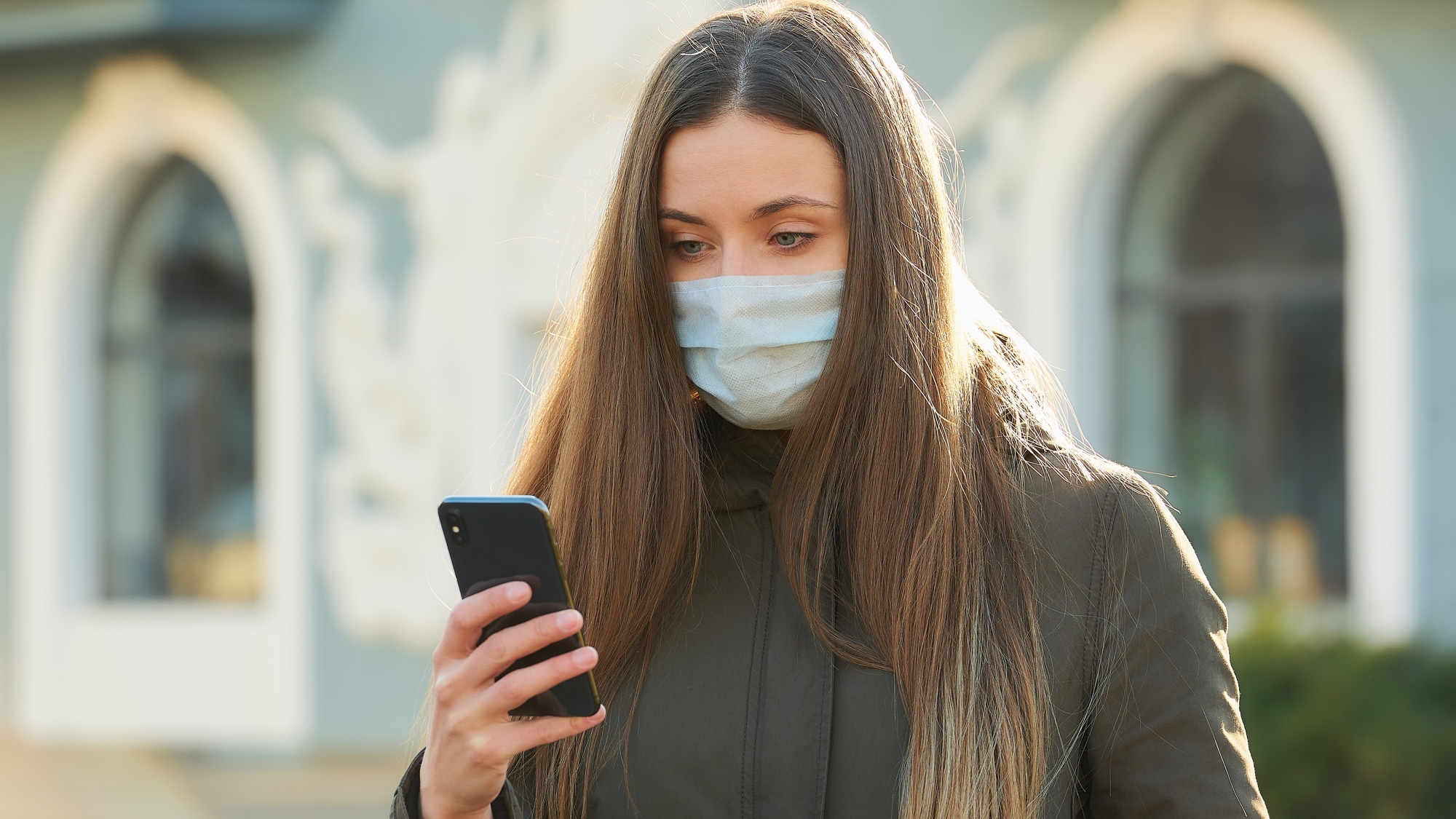
Apple and Google have released the contact tracing technology they collaborated on building — but will anybody actually use it?
In early April, the two tech giants announced a joint objective to build software that could help slow the spread of COVID-19 by using smartphone Bluetooth technology. Apple and Google said that several U.S. states and 22 countries have signed on to use the technology to build phone apps that alert users of possible exposure to the coronavirus. Government and health agencies can customize the system and combine it with data that users input voluntarily. Once users download these apps, they would get an alert if they have been near another app user who tested positive for the virus.
- Stimulus check 2020: Round 2, eligibility and more
- How to unlock your iPhone while wearing a face mask
According to health experts, contact tracing is essential to slowing the spread of the coronavirus. The CDC calls it a key strategy for preventing further spread of COVID-19. Many U.S. states are spending millions of dollars to hire contact tracing workers.
Smartphone apps are meant to boost those efforts, not replace them. The Apple-Google API addresses some of the technical issues around building Bluetooth-based apps and makes it easier for iPhones and Android phones to talk to each other.
But the effectiveness of the Apple-Google initiative is already in doubt. The companies have also been resistant to sharing their users' private health data, saying, “User adoption is key to success and we believe that these strong privacy protections are also the best way to encourage use of these apps."
But those protections — such as not tracking location data and not keeping data in a centralized database — have led some countries to develop their own apps. Even the countries that have signed on to use the Apple-Google API may find that their apps are not that useful in contact tracing efforts without a database or location information.
The biggest barrier remains: Will anybody actually download the apps? Buzzfeed reports that Utah spent $2.75 million on its Healthy Together app but just 45,000 of the state's 3.2 million residents had downloaded it as of May 18. North Dakota also launched its own location-tracking app, but only about 4 percent of its residents are using it.
Sign up to get the BEST of Tom's Guide direct to your inbox.
Get instant access to breaking news, the hottest reviews, great deals and helpful tips.
North Dakota is one of the three states that are using the Apple-Google tech (they're building a second, separate app). Alabama and South Carolina are the others. Recode reports that many other states are going about the contact tracing process the old-fashioned way: over the phone. As Barbara LaBoe, spokesperson for Washington state’s COVID-19 Response team, said, "Apps are not for everyone and while they may help in the process, we are going to start each contact investigation by calling each person."

Kelly is the managing editor of streaming for Tom’s Guide, so basically, she watches TV for a living. Previously, she was a freelance entertainment writer for Yahoo, Vulture, TV Guide and other outlets. When she’s not watching TV and movies for work, she’s watching them for fun, seeing live music, writing songs, knitting and gardening.
